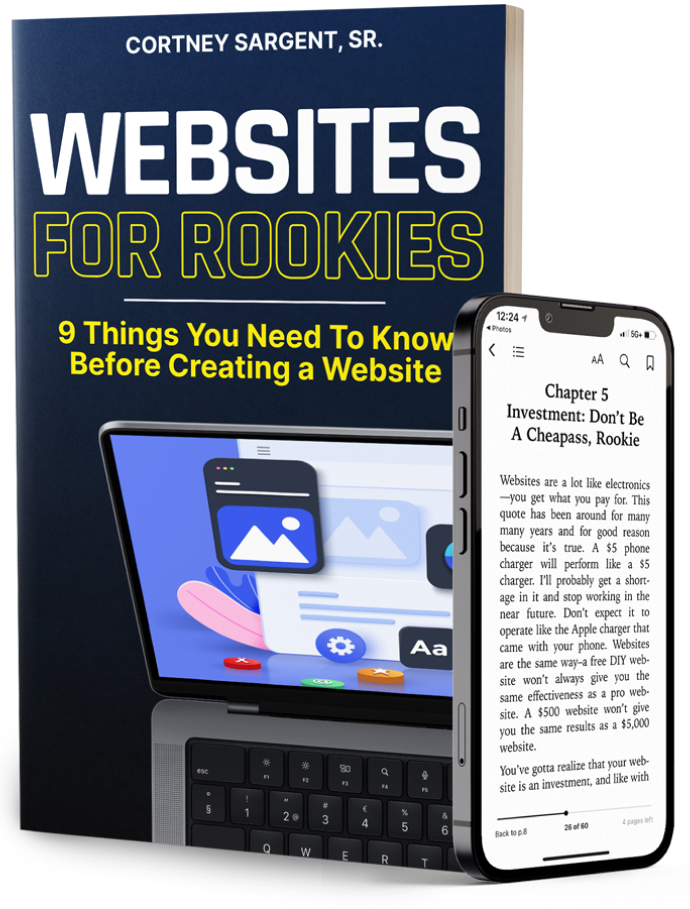1. Think Before You Speak
When you’re angry, it’s easy to blurt out something that you’ll later regret saying, so it’s important to think before you speak. Take a few moments to collect your thoughts before saying anything. Now, this isn’t always as easy as it sound. And, although it may sound cliché, it actually works. If you speak before you speak, you run the risk of saying something that takes you out character, and as a result of that, other people’s perspective of you changes to something negative. Think before you speak.
2. Express Yourself
Once you’re calm, you can then express your anger and frustration. Expressing yourself is a very important when you’re angry. It’s important to say what you need to say and not what you want to say. They have two different effects. What you want to say may not be good for you to say; it may cause more damage than it does help. If you’re honest, you’ve been in arguments and disagreements before and have wanted to say something that you knew would hurt the other person. You can’t do that because that’s like throwing gasoline on a fire. So, after you’ve gathered yourself and your thoughts, speak your mind in an assertive, but non-confrontational way. It’s also important to allow others to express themselves as well. People that aren’t able to express their thoughts and feelings get even more angry and frustrated. So, be sure not to over-talk someone just to get your points out. Be considerate and remain level-headed.
3. Lead with “I” and Let “You” Catch Up
When you’re in a heated verbal altercation with someone, the last thing you want to do is point fingers and place the blame; that actually makes people angrier. When you place blame, it’s natural for the other person to place the blame back on you. And, that leads to this “carousel of blame” that will never end. So, to avoid criticizing and placing blame, lead your argument with “I” instead of you. For example, instead of saying “You never offer to help wash the dishes after dinner and I have to do everything around this house myself”, try saying “I’m a little upset that you don’t offer to help with the dishes after dinner. I feel like I do more housework than you do and that’s not fair.” Do you see how different those two statements are? One places blame and the other is simply expressive. One asks for reciprocated anger and the other ask for reciprocated care and concern. Also, remember that tone is extremely important; it’s not only what you say, but how you say it. If you respond in an angry manner, then an angry tone is what’s likely to come back. But, if you speak with a calm, caring tone, it will distinguish the anger in the other person. There is a Bible verse that speaks to this very issue.
Proverbs 15:1 – A gentle answer turns away wrath, but a harsh word stirs up anger.
4. Get physical (not that kind of physical)
Believe it or not, but when you’re angry, you should get physical. Now not the type of physical you’re probably thinking about – not fighting or throwing things. Physical activities and exercise can help reduce anger and stress. However, this only works when you’re not currently in a verbal altercation with another person. Nevertheless, if you feel your anger rising up, get out of the environment. Go for a brisk walk or run. Do push-ups, jumping jacks…anything that will get you out of your current state of mind. Now, if you’re prone to fighting to when someone makes you angry, don’t go workout on a punching bag; that actually makes it worse. Avoid doing physical activities that feed your anger or the thing that made you angry in the first place. The main key here is to get in a different environment and get your mind off of what’s making you angry.
5. Take a Timeout
Timeouts aren’t only children; adults can take them as well. A timeout is actually a great way to calm down and take a breather, especially if you’re in a confrontation with someone. If you’re at work, take a short break before and/or after those times of the day that tend to be stressful. Getting to a quiet place will help you to calm down. When you’re angry, the best thing to do is calm down and think straight. Having a little time to yourself will help you do just that. It will also help you feel better prepared to handle the situation and deal with situation the right way without getting irritated and angry all over again.
6. Find Possible Solutions
Anger arise because of problems. So, instead of focusing on the problem, focus on the solution. Instead of focusing on what made you mad, focus on how you can get out of that state of mind. Work on resolving the issue at hand by listening to others involved, thinking of solutions and controlling your emotions. The key here is to not use temporary solutions to fix ongoing issues. Find permanent solutions that will cause the issue to be temporary. Remember, anger, stress, worry, strife and frustration doesn’t solve problems, only solutions. Anger only begets more anger.
7. Forgive and Don’t Hold Grudges
Forgiveness is a very powerful tool. Not only does it free you, but it frees other people as well. That’s why it’s important not to hold grudges. Grudges will eat away at your mind, your thoughts and eventually your life. They prevent you from truly living. When someone has hurt you, forgiveness is the only way to move on. Forgive them and get on with your life. Life is too short, too valuable and too precious to gamble it away through un-forgiveness. We were all born with the capacity to love and forgive. Don’t allow your anger and negative feelings to overshadow that capacity. The reality is, people aren’t going to act, do and say exactly the way you want all the time; that’s unrealistic. It’s also unrealistic to think that you will never have a disagreement with someone. It will happen so get ready for it. How you handle disagreements is what matters, though. If you let your anger get the best of you all the time, you’ll never have genuine relationships. Forgive and don’t hold grudges.
8. Use Humor
Lighten up a little bit. Humor can cut tension in very strange ways; it’s actually a really effective tool to use to diffuse anger. Humor makes it easier to face what’s making you angry or frustrated. On the same token though, you want to avoid sarcasm because it can hurt people’s feelings and make things worse. So, next time you’re angry, try to laugh it off and find something humorous about it.
9. Practice Relaxation Techniques
When your temper flares up and you get angry, try doing some relaxation techniques such as deep-breathing exercises, writing in a journal, closing your eyes and repeating calming words or phrases like “stay calm”, “relax” and “everything is okay”. Stretching also helps relieve physical tension caused by anger, stress and frustration. Stress and anger will cause you to become physically sick, more than you know. So, avoid that all together by controlling your anger and frustration.
10. Know When to Get Help
Controlling anger and frustration isn’t an easy thing to do at first. It takes work, energy, focus and time. I mean let’s face it, anger control is a challenge for everyone at times. There comes a point in time though when you can’t do it by yourself. There comes a point in time when you need to acknowledge that you need help. The first line of defense in controlling your anger and frustration is prayer and the Holy Spirit. God will help you control your anger and frustration just as He has for me and so many other people. Pray and He will hear you. Ask and He will answer you. If your anger continues to get out of control, you may need to seek professional help from a counsellor. Because one day your anger will get you in some trouble that it won’t be able to get you out of. Now, if you’re in that trouble right now, don’t fret. This is not a condemnation. It’s going to be okay because you can move forward from here. It’s never too late to do the right thing. So, before your outrage and anger cause you to hurt yourself and/or others around you, get some help.
How do you control your anger and frustration? Leave a comment and let us know.


